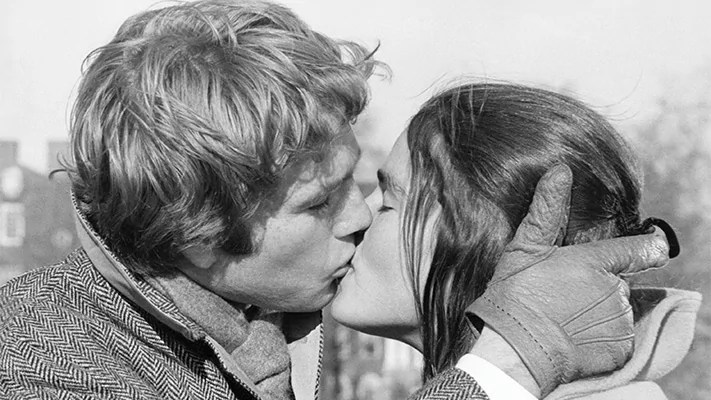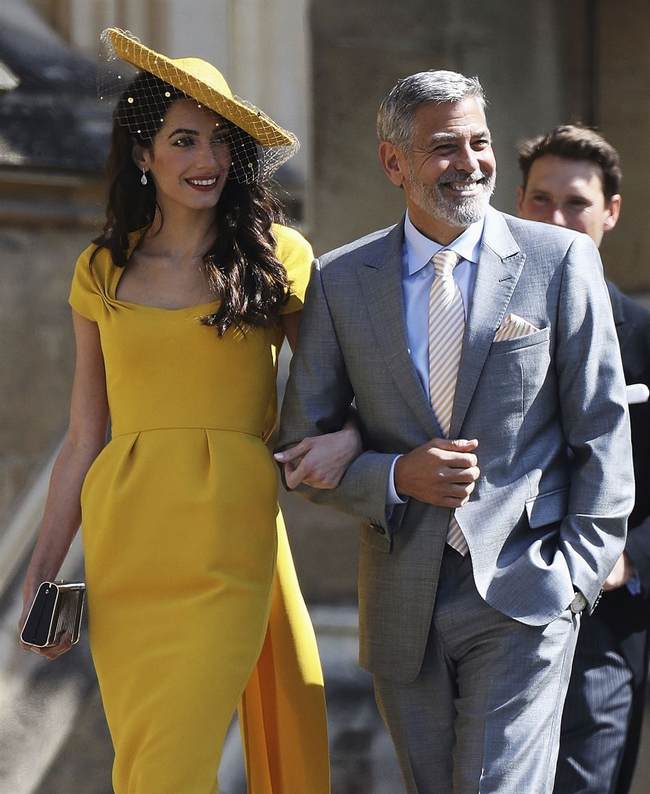
This article was originally published on Washington Examiner - Opinion. You can read the original article HERE
Throughout movie history, few genres have been more consistently disparaged, disrespected, and disdained than what might be called the cancer-crossed romance. To their cynical critics, movies such as Sweet November, Dying Young, and A Walk to Remember offer the unseemly spectacle of attractive characters navigating their romantic lives while contending with a terminal illness. Yuck.
The ne plus ultra of the genre is Love Story, starring Ali MacGraw as a cancer-stricken young woman and Ryan O’Neal as her bereft beau. Despite being a huge box-office hit, the movie was the subject of a pitiless (and slightly petty) parody in the subsequent comedy smash What’s Up, Doc?, also starring O’Neal: When Barbra Streisand mockingly quotes the famous line from the earlier film — “Love means never having to say you’re sorry” — O’Neal says what sophisticated types everywhere must have been thinking all along: “That’s the dumbest thing I’ve ever heard.”

But is it, really? Is it so wrong to weep at a weepie? For all its mawkishness and ickiness, the cancer romance genre sometimes has a surprising moral rigor: These movies tell us that youth, beauty, athleticism, and vivacity are but passing states. They provide no bulwark against a fatal disease. Even if its aims are no grander than wringing a cheap tear or two, the genre does the useful work of reminding audiences of the inherent transience of life.
The new British movie We Live in Time is not in the class of Love Story or (my own favorite) Shadowlands, but it is a respectable and coherent example of the form. Florence Pugh stars as Almut, a former figure skater, current chef and restauranteur, and aspiring entrant in the Bocuse d’Or competition. Her glowing, possibly rather unlikely resume is a necessary precondition for her ongoing fight with ovarian cancer: In the logic of this genre, disease arrives with special force for the pretty, the spunky, the chipper, and the affluent. In the Order for Daily Morning Prayer in the Book of Common Prayer, the minister is directed to say, “And there is no health in us,” but the same point is made nearly as well by the sight of a lovely young woman who, in spite of knowing just how to crack an egg, whip up a perfect parfait, meticulously garnish tiny plates, and discerningly taste sauces with a long spoon, is laid low by a malignancy.
Part of the sweet, sickly pleasure of this movie is the way it shows off the creature comforts of Almut’s life in between her bouts with cancer. She excels at a job she loves, has time to dawdle at a farmer’s market and sample cheeses at a bakery, does not appear to have any financial burdens, looks to be free of psychological hang-ups, and even emerges from a car crash with a life partner. In one of the strangest of all “meet cutes,” Almut plows her car into her future spouse Tobias (Andrew Garfield), who has absent-mindedly wandered into the middle of the road. Instead of trading insurance information or threats of lawsuits, Almut and Tobias exchange names and long, meaningful looks in the hospital waiting room; Tobias is certainly a forgiving lad. Despite the profound silliness of such scenes, the film would lose much of its force if it did not present Almut’s cancer-free existence in picture-postcard terms: By showing Almut’s extreme good fortune, the movie is preparing us for its equal and opposite, her ultimate bad fortune. The movie is a warning against complacency.
Indeed, screenwriter Nick Payne’s boldest move in an otherwise paint-by-numbers script is to sketch Almut and Tobias’s love story in short shards offered outside of standard chronological order. For example, we see Almut reading a bedtime story to her daughter with Tobias before we see Tobias, at an earlier stage of their romance, announcing his love for Almut and making the case for the two one day to have children. The scene of Almut giving birth to that same daughter in the restroom of a gas station is saved for even later. That these joyful domestic scenes are themselves intercut with miserable scenes of Almut growing ill, receiving the news that her previously beaten ovarian cancer has returned, and enduring treatment gives even the most carefree moments an admirably portentous tone: Death will come for the charming chef.
This may sound like grim stuff, but just as Almut wisely says that the death of a dog can prepare a child to accept the death of a parent, perhaps seeing the occasional sappy tearjerker can help prepare moviegoers in this irreligious age for the reality of death itself. This is why the cancer romance genre is both saccharine and salutary: The form provides a kind of safe space in which one can reflect on the ephemerality of happiness and the finality of loss.
Director John Crowley, whose previous films include the stellar 2015 drama Brooklyn, starring Saoirse Ronan, capably manages the film’s chaotic timeline and wisely embraces its inevitable excesses. At one point, Tobias beckons Almut to a room with a trail of candles, an image which suggests a multitude of cheesy romantic dramas but which in its sheer shamelessness — Tobias has lit so many candles that one wonders whether he bought out the supply at Bed Bath & Beyond — achieves a certain transcendence. Crowley only missteps in the long sequences during the Bocuse d’Or, which Almut has entered despite her illness. These scenes play like a particularly bad episode of Iron Chef, not a rip-off of Love Story. And can we please stop referring to movie characters who work as chefs as “Chef” in the manner that physicians, as well as the current first lady, are addressed as “Doctor”?
Pugh, whose prolific recent work includes her starring role in Don’t Worry Darling and a memorable turn in Oppenheimer, certainly captures the loveliness of Almut but she also suggests her character’s deeper reserves of femininity. When Almut reacts badly to Tobias’s wish to have children with her, we assume that she has been indoctrinated with feminist talking points, but later, when her fertility is threatened by the cancer, she insists on sparing one of her ovaries. The film dwells on Almut’s pregnancy and motherhood to such an extent that it is arguably tacitly (and surely unintentionally) pro-life. For his part, Garfield has something of the fragile, worn-out, beaten-down countenance of Jeff Daniels in Terms of Endearment, another man whose wife succumbed to a dread disease.
Is We Live in Time anything like great cinema? Of course not. Are Crowley and Payne even aware of what they are doing beyond telling a good, multi-Kleenex love story? Who knows. But the film has an undeniable utility. It not only encourages us to “live in time” — as in, live in the moment — but reminds us that we all live on a tightrope: We advance, step by step, along the narrow path even while mortality, in all its fearsomeness and awesomeness, looms below. There are worse lessons to get for the cost of a movie ticket and a bucket of popcorn.
CLICK HERE TO READ MORE FROM THE WASHINGTON EXAMINER
Peter Tonguette is a contributing writer to the Washington Examiner magazine.
This article was originally published by Washington Examiner - Opinion. We only curate news from sources that align with the core values of our intended conservative audience. If you like the news you read here we encourage you to utilize the original sources for even more great news and opinions you can trust!










Comments